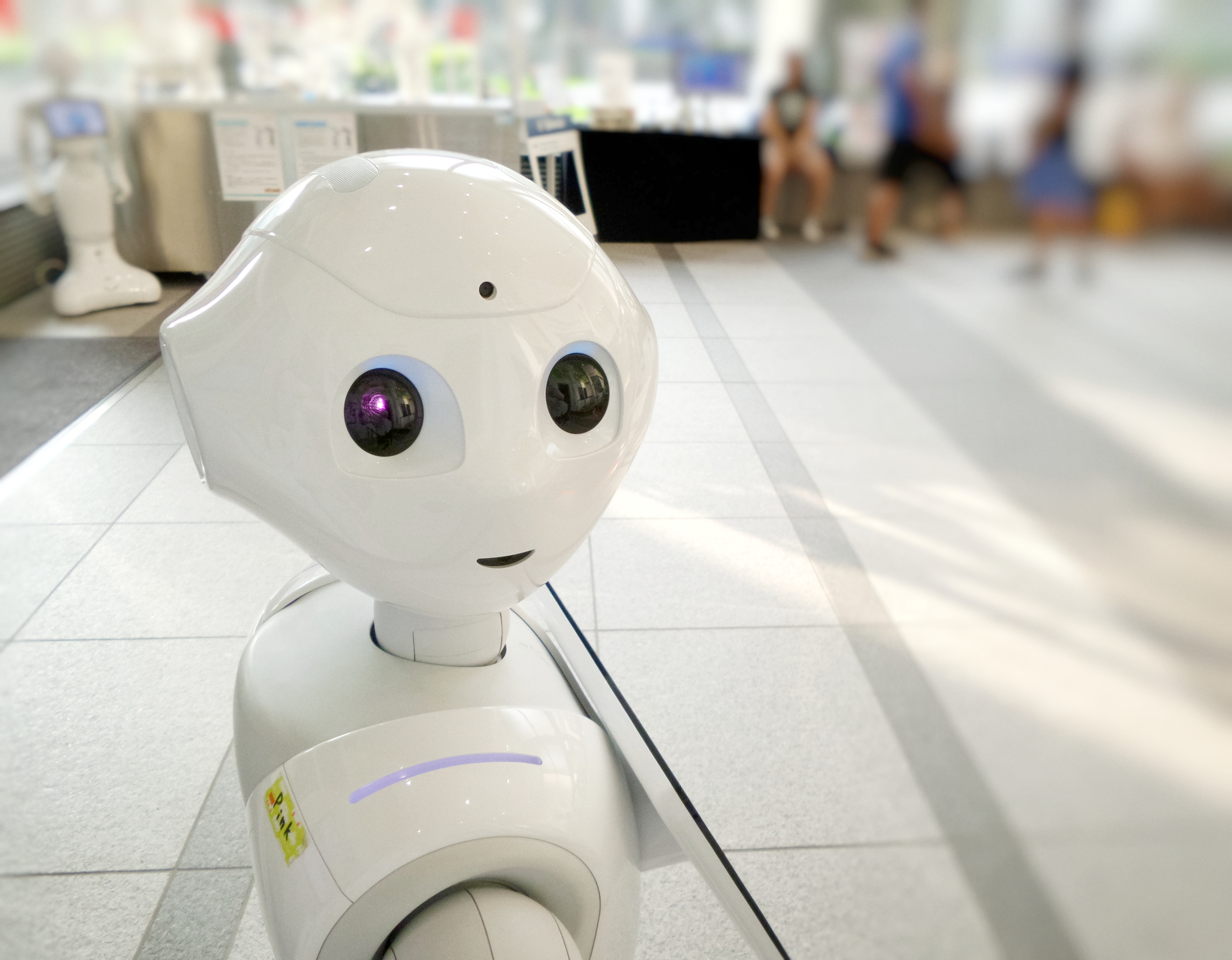
2018 was undoubtedly the year of artificial intelligence (AI). It dominated the tech sector, from literature and conferences to national strategies across the globe, including the UAE, Mexico, France, Germany. In 2019, we should expect the global AI ecosystem to expand further.
Countries will likely jump on the AI bandwagon and develop their own strategies, either for fear of missing out or in an honest bid to reap the benefits of the technology. For example, following in the footsteps of South Africa, Ghana announced the drafting of a comprehensive AI policy, with planned engagement with both the public and private sectors. Or Egypt, who despite its foreign debt and political turmoil is mimicking the Saudis and Emiratis by utilising advanced technologies such as AI, blockchain and cloud computing in government. We can also expect some initiatives from Brazil, Bahrain, Nigeria, Kenya and Oman.
As new players join the AI revolution, countries with existing strategies are expected to double down on their commitments. The UAE will expand its AI council, China and the US are both taking steps in coupling expansive private investment with a governance framework, while Paris and Berlin will focus on building their “ethical AI” model. Meanwhile, Canada and Tel Aviv will concentrate their efforts to attract AI researchers and start-ups, respectively.
With governments and industry pushing hard to instigate and direct their own AI sectors, it will be critical for international institutions to frame development through best practice guidelines. Taking an example from the Asilomar Principles — endorsed by Apple, Facebook, and Google — and Intel’s Public Policy Principles For AI, the OECD is set to release its own set of precepts to encourage the ethical development of emerging machine learning technologies. Similarly, the ITU may publish a similar list at the upcoming AI For Good Global Summit. The Fourth Industrial Revolution will thrive if governments, business, and academia pool their resources and initiate discussions on the inevitable ethical and societal concerns that will rise from the widespread use of AI.
Still, the AI governance framework is nascent and we have yet to see any universally-accepted best practice principles. Neither the United Nations nor its Economic and Social Council have implemented an AI Resolution, or even a ministerial declaration. During the Plenipotentiary Conference in Autumn 2018, member states failed to pass an ITU resolution after 16 straight hours of discussions. The effort was commendable, but the failure revealed pivotal differences in national approaches. For example, the Arab and African groups keen on deregulation rallied against their European counterparts focused on building an ethical model for AI uptake.
Unless a consensus can be reached in the UN or any other international body, countries will continue to push their own strategies to leverage AI. While some countries are visualising AI development as a zero-sum game, the outcome of all this competition will be the steady development of a global AI ecosystem. As stakeholders naturally converge, the question is which working model will be adopted, whether it’s Europe’s ethics-led development or unregulated private innovation.
Author: Hussein Abul-Enein, Public Policy Analyst, Access Partnership